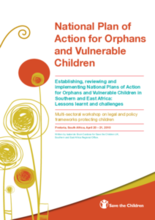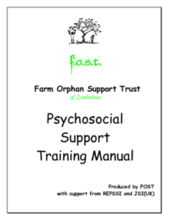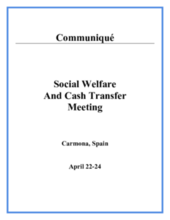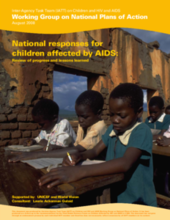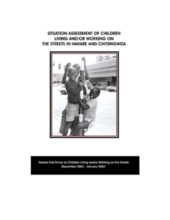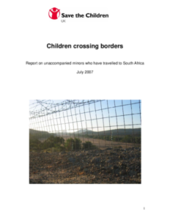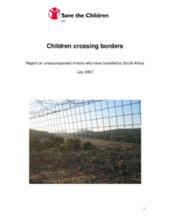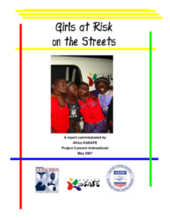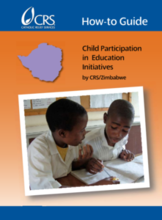Displaying 111 - 120 of 136
This report focuses on the experiences of Save the Children in monitoring, implementing and reviewing NPAs in Angola, Ethiopia, South Africa, Swaziland, Mozambique, Uganda and Zimbabwe. Each of the country offices commissioned the documentation of case studies to identify promising practices and challenges around effective implementation of NPAs.
A training manual on supporting children and young people who have been orphaned or affected by HIV and AIDS. It provides exercises for caregivers and other adults on understanding how children experience loss and grief and on the types of social and psychological supports such children will need.
Experts gathered in Carmona Spain to examine the results of policy relevant systemic reviews on social welfare and cash transfers. Meeting delegates explored the findings of reviews on integration of social welfare services and cash transfers in Ghana, Chile, Zimbabwe, Malawi and Kenya.
This report presents a broad overview of progress made and lessons learned in mounting national responses for children affected by AIDS and other vulnerable children. Based on review findings, future actions are suggested to strengthen national responses and ultimately, improve outcomes for children.
Analysis of the contributing causes, needs and vulnerabilities of children living and/or working in the street in Zimbabwe.
This study sought to assess, analyse and inform the different forms of vulnerabilities affecting children and youth, and their effects and existing strategies and programmes addressing the challenges and vulnerabilities facing orphans, vulnerable children and youth (OVCY) in the Southern Africa Development Community (SADC) region. The study also sought to propose recommendations for improvement, and development of minimum standards for OVCY and the finalisation of the SADC OVCY Strategic Framework.
This study aimed to gain insight into the migration experiences of children who cross international borders unaccompanied.
The study aimed to gain insight into the migration experiences of children who cross international borders unaccompanied.
A report that identifies gaps and provides recommendations for protecting and supporting girls living on the streets. It provides models of good practices from Ghana, Kenya and Zimbabwe.
A Guide that highlights successful strategies used to facilitate child participation in educational initiatives in Zimbabwe. Real-life examples are provided for illustration, replication and adaptation by other organizations involved in education programmes.

